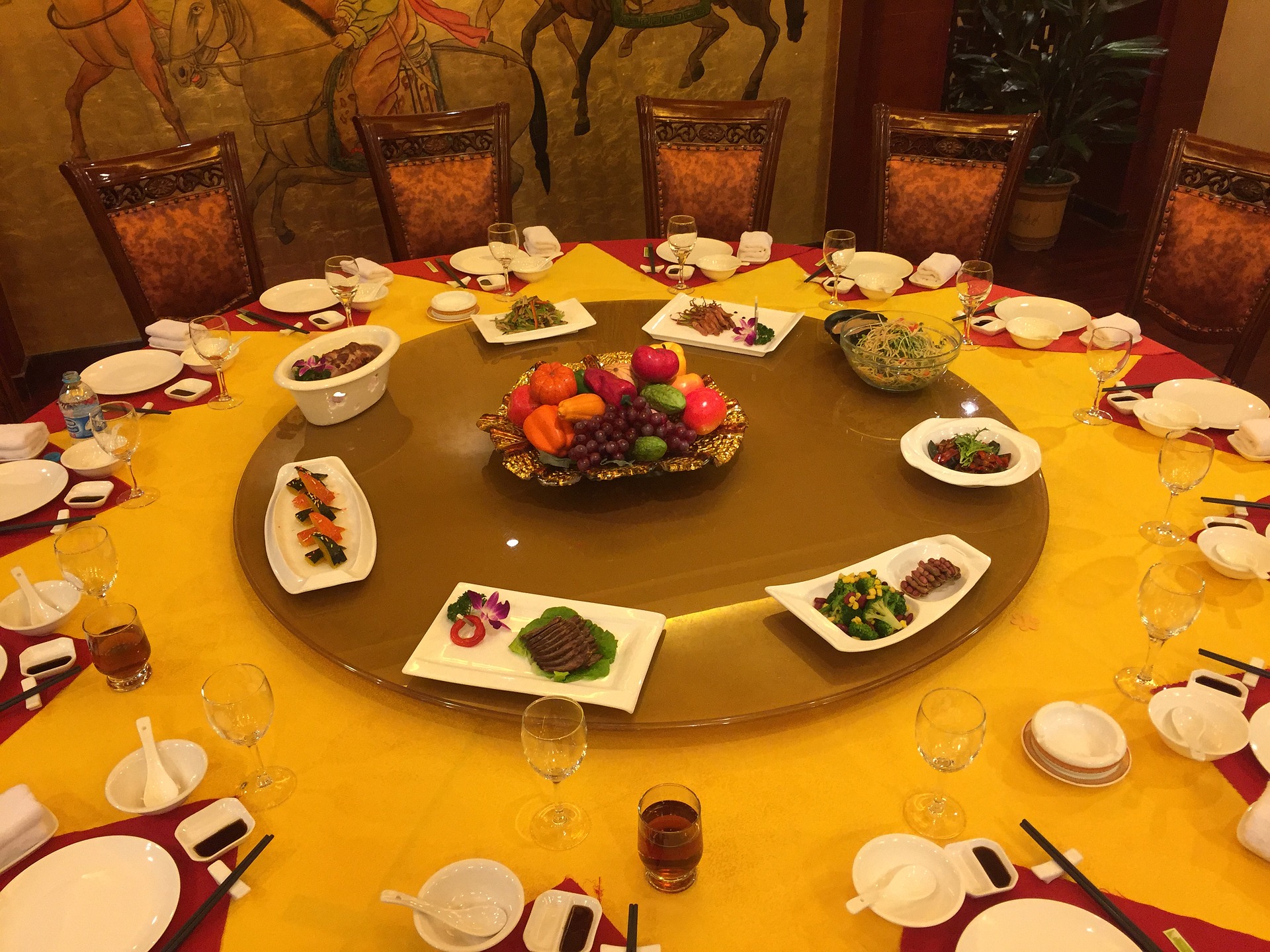China Business Dinner Etiquette as Though it Matters
Ten years ago, I’d often get asked about Chinese business dinner etiquette. Back then, “everyone” was going to China, and many were terrified about messing up. I would try to calm their nerves by explaining how etiquette is less important in China than it is in Korea or Japan. I’ve seen deals go off the rails in Korea and Japan due to an etiquette faux pas, but never in China.
But due to hardly anyone going to China anymore, and to more people realizing they’re not required to tick every China etiquette box to succeed there, I’ve seen a huge decline in such inquiries.
Until last week, when a client requested tips on how to handle a “really important, seal-the-deal type China business deal.” I promised I would write a blog post intended to help her navigate this dinner.
A Korea Faux Pas as Cautionary Tale
To illustrate the importance of understanding cultural nuances, I’d like to share a Korean business faux pas story that highlights how getting things wrong can cause big problems.
Many years ago, I was representing a massive Korean company in settlement negotiations with a massive American company. On the first day, the talks were tough, but the lead in-house lawyer for the Korean company invited the American side to join us for lunch. The Americans declined. We went to lunch (the Korean company representatives and me) and then we negotiated the rest of the afternoon.
The next day, we made tremendous progress, and a full settlement was in the bag when the lead in-house lawyer for the Korean company again invited the Americans to join us for lunch. The Americans declined, stressing the need to work through lunch.
So, I again went to lunch with my Korean client, but this lunch was different from the previous day. My usually light-hearted and sober client had a number of drinks and made clear that he was not in a joking mood. We then returned to negotiate and one of the more junior lawyers on the American side made some completely innocuous suggestion. I do not remember the suggestion, but for effect when I tell this story, I say he suggested the agreement be signed in blue, not black ink — it really was that inconsequential.
In response to the young lawyer’s comment, the lead in-house lawyer for the Korean company slammed his notebook shut and proclaimed that we were “done here” and walked out with all the other lawyers from his company.
The Americans looked at me for an explanation, but I had none.
Only a few weeks later did my client tell me what had transpired.
On the first day, he had invited the American company to lunch, and they had turned him down in front of “his people.” The next day, the American company should have invited us to lunch, but they didn’t. In an incredibly magnanimous act, the lead in-house lawyer for the Korean company had invited them. Again. But they again declined, which made him lose face in front of “his people.”
In the end, we eventually settled, but it took another month and a lot of lawyer time and a highly choreographed trip to Korea by the CEO of the big American company and all because of a declined invitation for lunch.
With China It’s Show Me the Money
Despite the importance of face in China, business practicalities tend to win out and had this same thing happened in China, I doubt it would have slowed down the settlement talks at all.
Though being unaware of China’s etiquette rules for a business dinner is unlikely to ruin your business opportunities, knowing these rules can certainly benefit them.
Key Tips for Navigating a Chinese Business Dinner
The below is based on my own experiences, plus a ton of what I’ve been told by others who truly know this stuff.
Many believe that accepting an invitation to an important business dinner is crucial, as declining may signal a lack of interest in the deal. Despite this, I often preach the exact opposite. If you decline the invitation, your Chinese business counterpart will believe you truly have something they want and will chase after it with even greater vigor.

